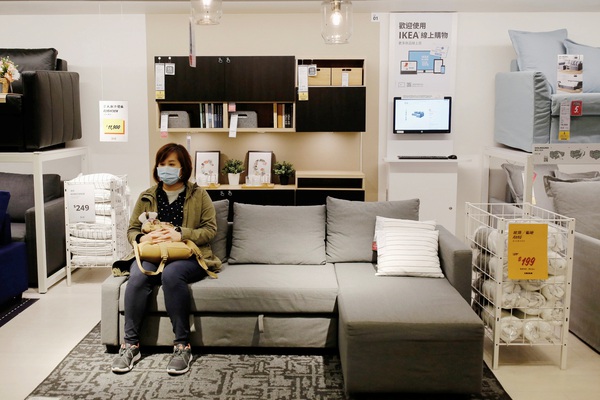

"It's very important for the well-being of the student and the parents. It's very important for our country," Trump said during a White House event. "We're very much going to put pressure on governors and everybody else to open the schools, to get them open. On Tuesday, the president said he would pressure governors to open schools. Those guidelines include keeping students six feet apart in classrooms, closing common areas and updating ventilation systems. Trump criticized CDC guidelines for reopening schools as tough, expensive and impractical. President Donald Trump is threatening to withhold federal funding for schools if they do not reopen for in-person classes in the fall. United said around 15,000 flight attendants, about 60% of United's cabin crew members, could face furloughs. "The United Airlines projected furlough numbers are a gut punch, but they are also the most honest assessment we've seen on the state of the industry," said Sara Nelson, a flight attendant for the airline and president of its labor union, the Association of Flight Attendants. The airline is trying to reduce headcount through voluntary measures like early retirement and buyouts before turning to job cuts. The staff reductions, equal to more than a third of United's workforce, would apply to front-line workers like flight attendants, mechanics and pilots as demand, and as a result flights, remain reduced because of the pandemic. 1, when the terms expire on $25 billion in federal payroll that United, Delta, American and other airlines received to soften the blow from coronavirus. Federal law requires employers to give staff notice about possible layoffs or temporary furloughs 60 days in advance. The possible job cuts would take effect officially on Oct. United Airlines is warning some 36,000 employees that they could potentially be furloughed this fall, as hopes for a turnaround in air travel demand fades with increased coronavirus infections and state travel restrictions. If a customer refuses to wear a cloth face covering for non-medical reasons, businesses are not allowed to let them in. According to the guidance, businesses must provide masks and gloves for their employees. The governor first issued an order on April 8 requiring customers and workers at essential businesses to wear face coverings. "The weather has gotten warmer and not surprisingly as a result, our rate of infection has similarly crept up."Įxceptions to the rule apply to individuals who are eating and drinking at an outdoor dining establishment, those who cannot wear a face covering for medical reasons and children under the age of two years old, according to Murphy. But unfortunately we have been seeing a backslide in compliance," he said during a press briefing. "Requiring masks outdoors is a step, frankly that I hoped we would not have to take. Phil Murphy has signed an executive order requiring everyone to wear face masks outdoors when social distancing is not possible. Bed Bath is not offering a 2020 outlook at this time.

Consumers have moved from stocking up on cleaning supplies, water filters and coffee, to bigger-ticket items like home decor, bedding and accessories for the backyard, he said. Bed Bath shares fell nearly 10% in after-hours trading on the news.Īccording to Tritton, as Bed Bath's stores are reopening during the pandemic, many are performing ahead of the retailer's internal expectations.

The company made the announcement as it reported fiscal first-quarter earnings, where its sales tumbled nearly 50%, even as online sales surged more than 100% during April and May with consumers stocking up on cleaning supplies and home decor. "We will continue to look at the rest of our concept doors, now that we have established the data criteria." Bed Bath & Beyond said Wednesday it will close 200 of its namesake stores over two years, as it works toward getting back to profitability against a backdrop of the coronavirus pandemic. Bed Bath - which also owns the chains buybuy Baby, Christmas Tree Shops and Harmon Face Values - said these actions should generate annual cost savings of between $250 million and $350 million, excluding related one-time costs. "We saw there were a number of stores dragging us down," Chief Executive Mark Tritton told CNBC in a phone interview.


 0 kommentar(er)
0 kommentar(er)
